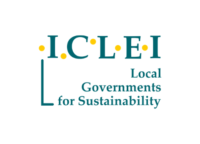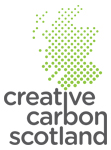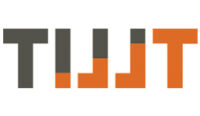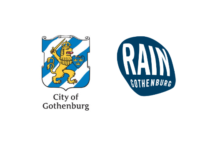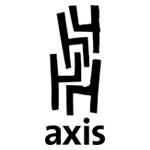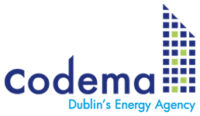The third in our series of transnational workshops, events and discussions took place (in part) in Dublin from 12-14 March 2020.
What’s the problem?
Increased flooding, more powerful storms, more intense droughts, rising sea levels and heatwaves are all impacts of the climate changes which will affect our lives, and which demand our response. How must our culture adapt, be part of making a society that is responding to our changing present, and create a positive future?
What’s the context?
Dublin is the capital city of the Republic of Ireland, and home to 1.35 million people. Located in an eastern bay at the estuary of the River Liffey, the region has developed between mountains and the sea. Although one of the driest places in Ireland, the number of days of heavy rain and instances of extreme flooding have increased in the last decade, with unprecedented snow fall and extreme heatwaves falling within the same year.
Economically, socially and culturally, the region has a long history, undergoing significant change in recent decades.The city region is a financial and software centre, with a large tourism industry replacing historical textile manufacturing and brewing (although Irish stout, Guinness, has been made in the city since 1759).
Dublin was the European Capital of Culture in 1991 (following Glasgow), was designated a UNESCO City of Literature in 2010, and is particularly known for its prose, poetry, playwriting and song writing. The city region is home to 62 museums, 51 public libraries, three universities and 53 art galleries. In recent years, the city has particularly increased its socially- and community-led programmes and has begun to align its cultural strategy with climate change action.
What took place?
International project partners, local arts and cultural organisations, and those working to prepare and adapt the city region to the coming changes planned to meet together during the St Patrick’s Festival weekend.
Several events and activities were planned by the Cultural Adaptations Irish partners:
- One gathering for members of the public, partners and other interested organisations to learn about the Cultural Adaptations project.
- One workshop for local cultural managers, working in arts and cultural organisations based within the Dublin city region, to explore how they can adapt their organisation to the impacts of climate change.
- One workshop will be held for local adaptation practitioners interested in artistic engagement in how cities can adapt city regions to climate change, and embedded artist projects.
Due to the COVID-19 global pandemic, these events and activities were not possible. On the day we were due to begin the meeting, the Irish government closed all schools and public buildings, and we had to drastically scale back our activity.
However, we were able to undertake a number of internal meeting with those partners already present or able to join digitally. The resources and blogs below give an insight into what was discussed.
Workshop Hosts





